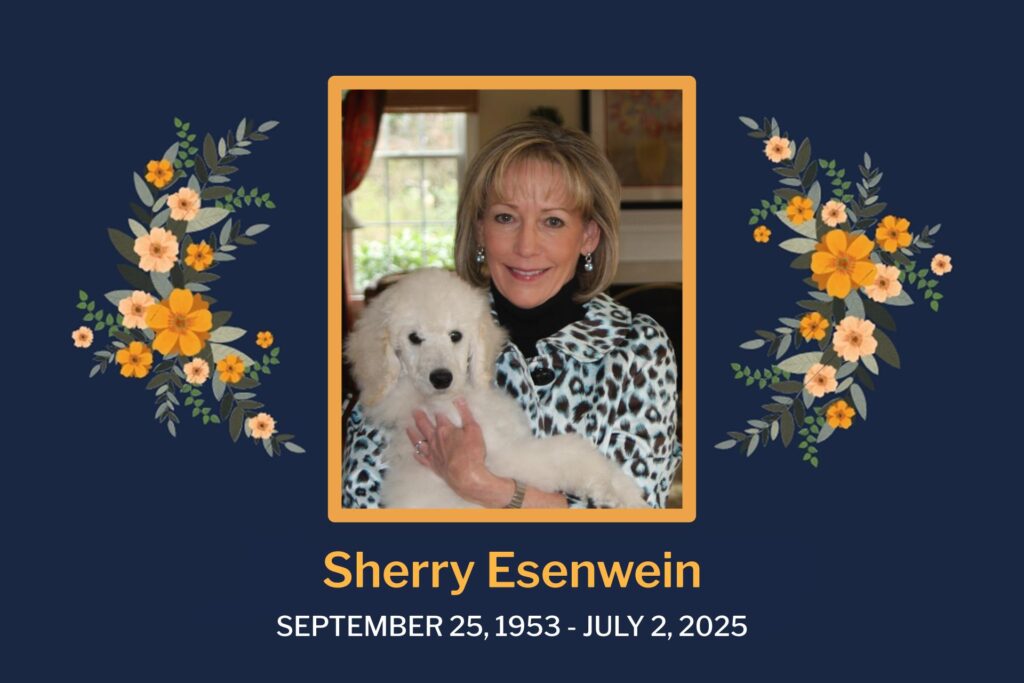CHARLESTON, W.Va. – The time is fast approaching for ginseng diggers to head to the woods.
The season to legally dig ginseng starts Tuesday, Sept. 1, and continues through Monday, Nov. 30. Honoring the legal season and regulations helps preserve Appalachia’s endangered wild ginseng.
Before the plant can be legally harvested, ginseng must be at least five years old and its seed-bearing berries bright red. The slow-growing plant needs to mature for at least five years to reproduce. The plant’s age can be determined in two ways. One is by looking at the base of the plant stem, where bud scars occur. A five-year-old ginseng root will have at least four scars. The other way to tell how old it is without disturbing the root system is by looking at the leaf sections at the top of the plant. It will have at least three prongs.
Harvesting pulls up the ginseng root and all, ending the plant’s ability to replace itself with new generations. To help the herb’s last seeds grow, the hunter needs to plant them at the site where the root was taken, at least an inch down or index finger to the first knuckle.
The law requires all diggers to provide a government-issued photo identification to sell ginseng to a registered dealer. Fines range from $500 up to $1,000 for a first offense and $1,000 up to $2,000 for multiple offenses.
In 2020, West Virginia issued 37 citations for ginseng-related violations that included digging out of season, buying and selling without a dealer’s permit, possession of ginseng less than five years old, and digging without written permission.
The plant’s slow growth, increasing commercial pressure and shrinking habitat led to ginseng being listed as an endangered species. Poaching threatens the survival of wild ginseng. Digging for ginseng is not permitted in State Forests, State Parks or other state-owned public lands. Ginseng hunters must have written permission to dig the plants from private property other than their own.
Diggers have until March 31, 2021, to sell their ginseng to a registered West Virginia ginseng dealer or to have roots weigh-receipted at one of the West Virginia Division of Forestry weigh stations. Regulations prohibit possession of ginseng roots from April 1 through Aug. 31 without a weight-receipt from the Division of Forestry. A weight receipt is a record of the ginseng dug during the current year and the individual who wants to hold it over to the next digging/buying season.
Dealers purchased green (wet) and dry ginseng, which totaled more than 3,660 pounds for the 2019 ginseng season. Some of the decline in ginseng harvested could be due to weather conditions for the spring and summer. Demand and prices for ginseng were down as well.
Details on ginseng are available on the Division of Forestry website, https://wvforestry.com/ginseng-program/. The page includes how to identify mature ginseng plants, rules for harvesting and resources such as lists of West Virginia ginseng dealers and weigh stations.














